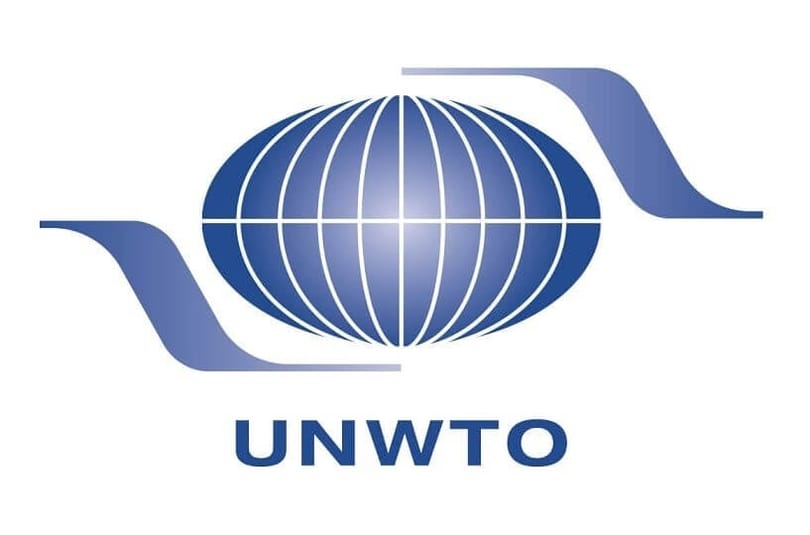The Mokhatlo oa Machaba a Kopaneng oa Bohahlauli ba Lefatše (UNWTO) adopted the international Framework Convention on Tourism Ethics on Wednesday 11 September 2019, in a bid to make the global tourism sector fairer, more ethical and more transparent.
The Convention was adopted during the 23rd UNWTO General Assembly taking place in St Petersburg, Russia. It will be open to signature by member states from 16th October 2019.
The Convention converts the Global Code of Ethics for Tourism, the UNWTO’s main policy document, from a voluntary instrument to a convention which obliges signatory States to implement the principles of the Convention.
Commenting on the announcement, Pascal Lamy, Chair of the World Committee of Tourism Ethics, said, “In the name of the Committee, I can only congratulate the countries who took this historic decision to elevate ethics of tourism into a binding legal instrument. Globalization needs to be harnessed by principles that make it better, not worse, for humankind.”
9 Ethical Principles of the Convention
• Article 4: Tourism’s contribution to mutual understanding and respect between peoples and societies
• Article 5: Tourism as a vehicle for individual and collective fulfillment
• Article 6: Tourism, a factor of environmental sustainability
• Article 7: Tourism, a user of cultural resources and a contributor to their enhancement
• Article 8: Tourism, a beneficial activity for host countries and communities
• Article 9: Responsibilities of stakeholders in tourism development
• Article 10: Right to tourism
• Article 11: Liberty of tourist movements
• Article 12: Rights of employees and professionals in the tourism sector
Batho ba Maindia
Extracts from the Framework Convention on Tourism Ethics
These articles/principles include provisions that have regard for the international rights & participation of Indigenous peoples in tourism:
Article 4:
• stakeholders in tourism development and tourists themselves should observe the social and cultural traditions and practices of all peoples, including indigenous peoples and recognize their worth.
• The host communities, on the one hand, and local professionals, on the other, should acquaint themselves with and respect the tourists who visit them and find out about their lifestyles, tastes and expectations;
Article 5:
• Tourism activities should promote human rights including the rights of indigenous peoples.
• Travel for purposes of spiritual, cultural or linguistic exchanges is particularly beneficial and deserve encouragement.
Article 7
• Tourism activity should be planned in such a way as to allow traditional cultural products, crafts and folklore to survive and flourish, rather than causing them to degenerate and become standardized.
Article 8
• Local populations should be associated with tourism activities and share equitably in the economic, social and cultural benefits they generate, and particularly in the direct and indirect creation of jobs resulting from them.
• Special attention should be paid to the specific problems of coastal areas and island territories and to vulnerable rural or mountain regions, for which tourism often represents a rare opportunity for development in the face of the decline of traditional economic activities
• Tourism professionals, particularly investors, governed by the regulations laid down by the public authorities, should carry out studies of the impact of their development projects on the environment, and on cultural and natural surroundings;
Commenting on the Convention, WINTA Director, Johnny Edmonds said “the provisions of the Convention reinforce the need identified in the Larrakia Declaration 2012 for WINTA to play its role and provide a bridge that promotes equitable engagement between Indigenous communities in tourism and the industry, governments and multilateral agencies. WINTA will continue to develop its Indigenous Tourism Engagement Framework Program to support Indigenous communities and tourism industry stakeholders”.
SEO U LOKELANG HO SE NKA HO SEHLOOHO ENA:
- • Special attention should be paid to the specific problems of coastal areas and island territories and to vulnerable rural or mountain regions, for which tourism often represents a rare opportunity for development in the face of the decline of traditional economic activities.
- Commenting on the Convention, WINTA Director, Johnny Edmonds said “the provisions of the Convention reinforce the need identified in the Larrakia Declaration 2012 for WINTA to play its role and provide a bridge that promotes equitable engagement between Indigenous communities in tourism and the industry, governments and multilateral agencies.
- Commenting on the announcement, Pascal Lamy, Chair of the World Committee of Tourism Ethics, said, “In the name of the Committee, I can only congratulate the countries who took this historic decision to elevate ethics of tourism into a binding legal instrument.






















